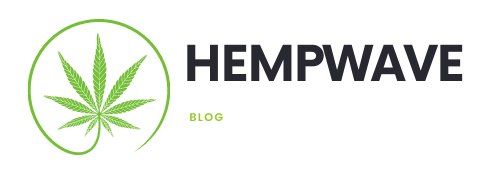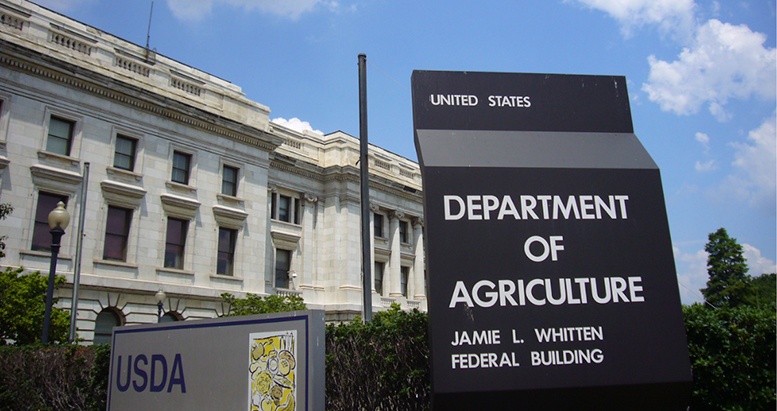USDA states government guidelines disallow hemp licensees from additionally expanding cannabis

Alabama Officials Make Third Licensing Effort Adhering To Lawsuits
December 3, 2023
Ahead Of Dental Debates, Safe Medicine Intake Website Legal Representatives Call Out DOJ’s ‘Intransigent’ Lawful Settings
December 4, 2023Hemp cultivators might not increase their marijuana passions by generating cannabis, the united state Division of Farming (USDA) is advising stakeholders.
USDA has actually withdrawed hemp licenses and alerted hemp farmers in numerous states that holding both hemp and cannabis licenses is prohibited under government policies. Those guidelines put on hemp farmers that run straight under USDA in addition to those regulated by USDA-approved state programs, the company has actually stated.
Farmers in Vermont, Mississippi and Missouri are amongst those impacted, according to records.
Contradictory guidelines
The 2018 Ranch Costs made hemp manufacturing lawful throughout the united state. Yet while numerous states have actually legislated cannabis, it continues to be prohibited as a medicine at the government degree. The outcome is “an one-of-a-kind administrative and governing landscape,” USDA confesses.
Under the Ranch Costs, state hemp programs have to be authorized by the USDA, which additionally straight manages hemp farmers in 8 states that do not have state programs.
Regulations and policies for hemp and cannabis manufacturing have actually progressed considering that 2018 and are still in change, USDA has actually observed. Yet government guidelines outlawing cannabis farming by hemp cultivators are clear, according to the company, which stated it deals with all cultivators the exact same.
Stakeholders pushback
Stakeholders state it’s vague that present USDA guidelines restrict holding both sort of marijuana licenses, which governing language might be translated to define just that a farmer can not expand hemp and marijuana on the exact same land under the exact same certificate.
The administrative dispute is ideal shown by Colorado and Oregon, both of which have state hemp programs that do not especially bar hemp cultivators from increasing cannabis. Actually, both states supply standards for exactly how double licensees ought to maintain their hemp and cannabis plants different– indicating that such double procedures are lawful.
Hemp and cannabis programs in Colorado have actually been running together with each various other for greater than a years. Under the state’s USDA-approved hemp strategy, there is no specific restriction versus stakeholders being certified for both sorts of marijuana; the issue merely is not attended to in the state’s guidelines. And state authorities state the issue of double licensing did not show up when USDA examined Colorado’s hemp program previously this year.
Transforming to THC
Stakeholders that began expanding hemp for CBD blossoms– the market that has actually controlled the market considering that hemp ended up being lawful in 2018– transformed to the THC market after an enormous collision in CBD remove sales held start in 2019. While a handful have actually used up cannabis farming, numerous such drivers began guiding their stifled products of CBD to manufacturers of artificial types of high-producing substances such as delta-8 THC and HHC.
The disagreement over double licensing might be made clear in the following government Ranch Costs, which was anticipated to be finished this year, yet which has actually currently been pressed back to late 2024.
With records from Politician, Cannabis Minute




